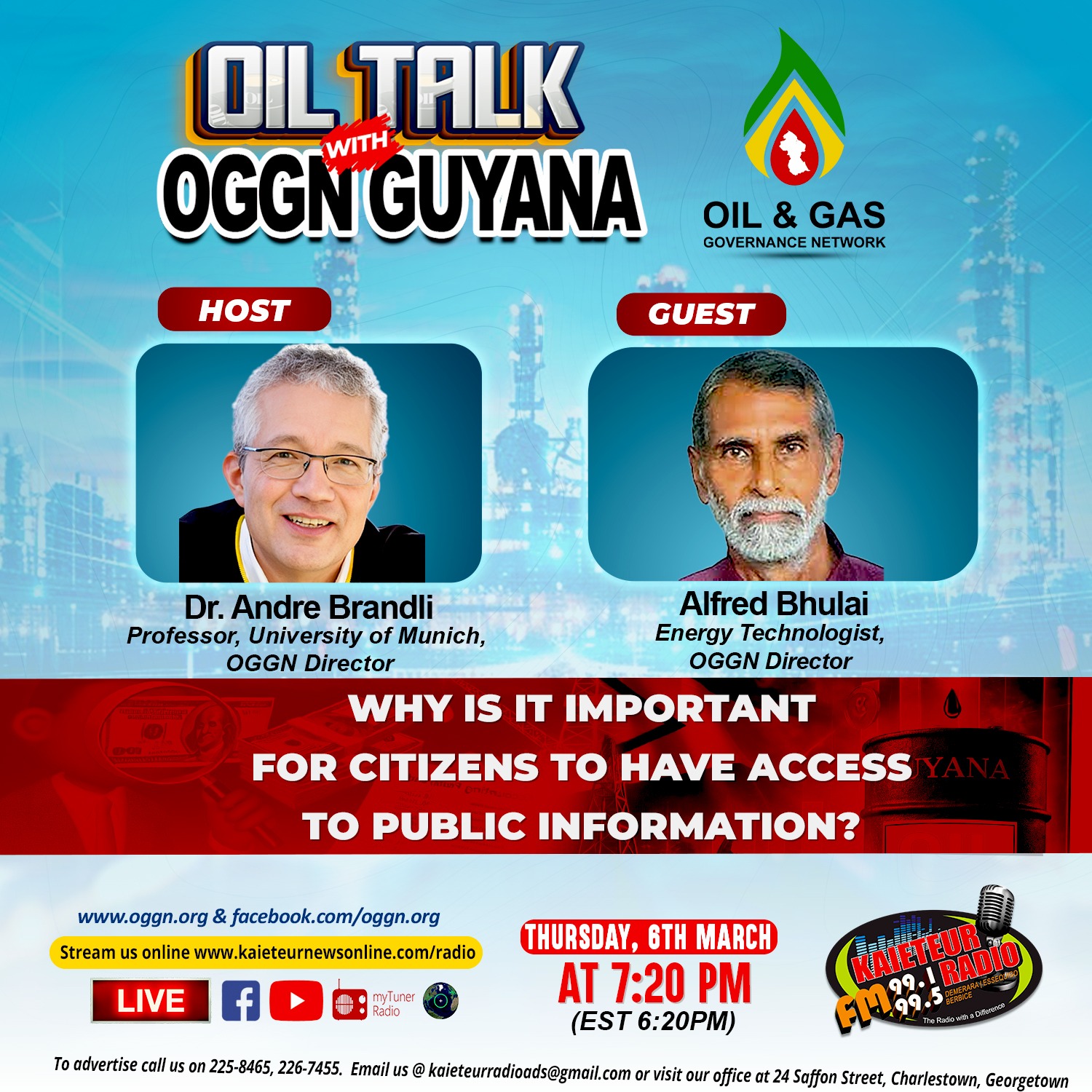In the interview aired here, https://www.oggn.org/2023/11/02/oil-talk-with-oggn-guyana-episode-7-the-gas-to-energy-project-and-its-legal-challenges/ , the lawyer Elizabeth Deane-Hughes identified several problems related to Guyana’s Gas to Energy project:
1. Environmental Protection Agency (EPA) Failures: She criticized the EPA for not ensuring that the Environmental Protection Act was followed, highlighting a court case that found the agency acted contrary to law in the granting of an environmental permit to ExxonMobil.
2. Lack of Approval for Submitted Regulations: Deane -Hughes found that the terms of reference submitted by ExxonMobil had not been approved by the EPA, even one year after the fact.
3. Ineffective Stakeholder Engagement: The stakeholder engagement plan and community grievance mechanism were found to be non-functional, and Hughes experienced a lack of cooperation when trying to obtain information about the environmental permit.
4. Community Consultation Issues: She pointed out that the communities where the pipeline would pass through, such as Java and Bordeaux(Canal number one), were not consulted, which is a requirement under the act. The communities submitted a request for repudiation of the EIA to Environmental Protection Agency and ExxonMobil on behalf of the Stabroek Block Partners, see letter here:
5. Land Acquisition and Valuation Concerns: Deane-Hughes challenged the process of land acquisition for the pipeline, stating that it was below market value and not transparent, leading to legal challenges.
6. Trespassing and Legal Complications: There were instances where she mentioned that ExxonMobil and others trespassed on land without proper authorization, which led to further legal actions.
7. Financial Uncertainties: There were changes and confusion regarding the funding of the pipeline, which raised concerns about the transparency and management of the project’s finances.
8. Environmental Permit Irregularities: Hughes observed breaches by the Environmental Protection Agency in the awarding of the project without proper environmental impact assessments including a Gas Leak Management Plan.











